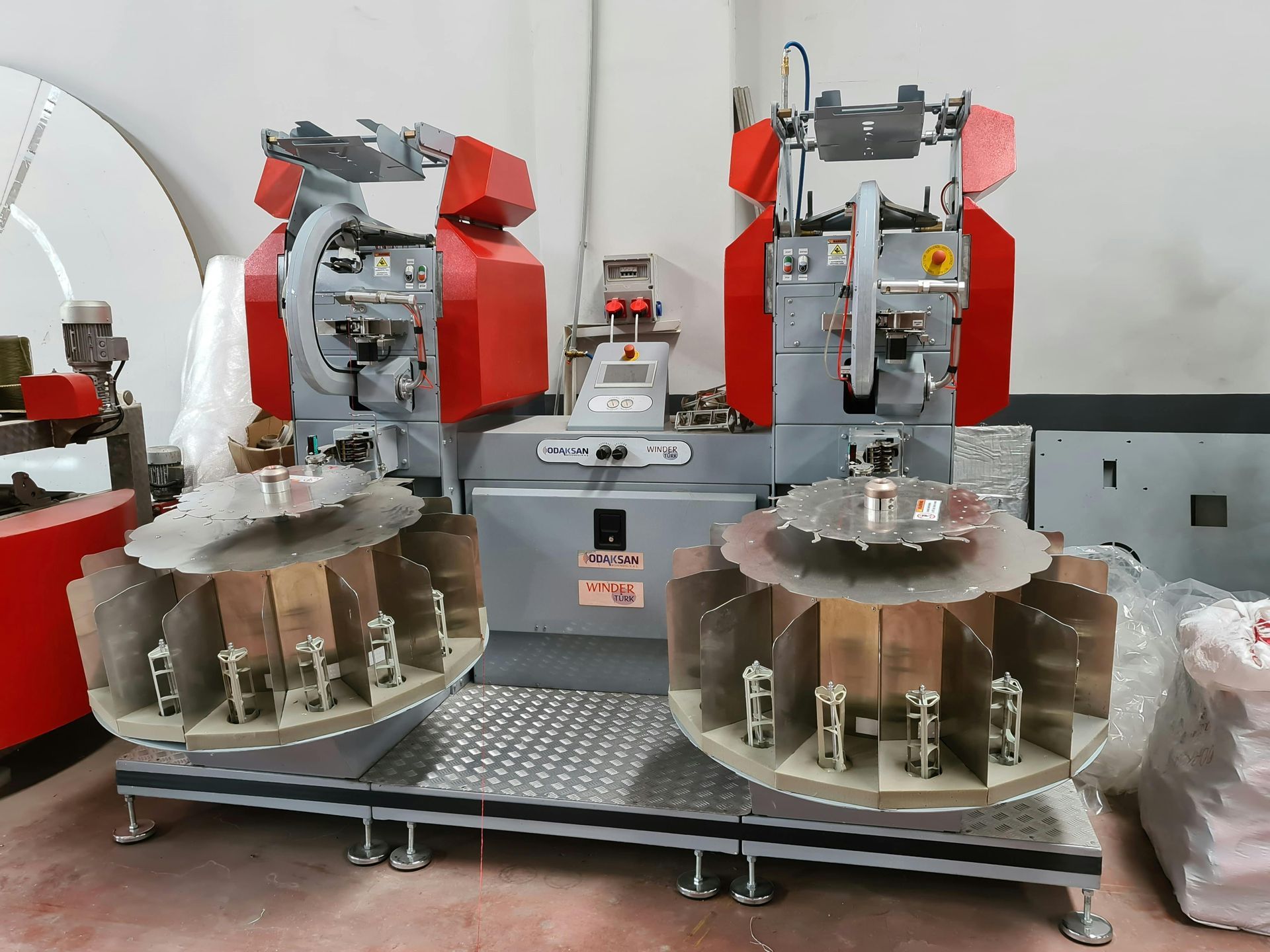Business tips: Using forecasting to help your decision-making
Clarke McEwan Accountants

Producing regular management information is one way to help improve your business decision-making. But looking at historical numbers can only tell you so much.
In business, you want to know what the future holds. And to make truly informed decisions about your future strategy, it’s important to use forecasting tools to project your data forwards in time. By running projections, based on these historical numbers, and producing detailed forecasts, you can get the best possible view of the road ahead – that’s invaluable.
Run regular cashflow forecasts
Positive cashflow is vital to the short, medium and long-term success of your business. Without cash, you simply can’t operate the business efficiently. Running regular cashflow forecasts helps you overcome this challenge. With detailed projections of your future cashflow, you can spot the cash gaps that lie further down the road, and take action to fill these cashflow holes.
Income can often be unpredictable, especially in challenging economic times. If customers fail to pay an invoice, or suppliers increase their prices, this can all start to eat into your available cash. Using forecasting, you can extrapolate your numbers forward to which weeks, months or quarters are looking financially tight. And with enough prior warning, there’s plenty of time to look for short-term funding facilities, or to get proactive with reducing your spending.
Run sales and revenue forecasts
Keeping the business profitable is one of the key foundations of making a success of your enterprise. You want your sales to be stable and your revenues predictable if you’re going to generate enough capital to fund your growth plans. And you need to know how those revenues will pan out over the course of the coming financial period.
Revenue forecasts work much like a cashflow forecast. Instead of looking at your future cash position, a revenue forecast gives a projection of your sales and how much revenue is likely to be brought into the business in future weeks and months. With better revenue information, you’ll be more on top of your profit targets. You can manage your working capital in a more practical way. And you can improve your ability to invest in new projects, additional staff or funding of the long-term expansion of your business.
Run different scenario plans
What’s going to happen to your business in the future? None of us have a crystal ball to predict this future path exactly. But by looking at different possible scenarios, you can run projections to see what the potential outcomes and impacts may be.
These ‘What-if scenarios’ can be exceptionally useful tools when thinking about big business decisions. What if there’s an economic recession? What if our sales increased by 25%? What if we raised our prices by 10% next quarter? What if we lost a quarter of our customers? By plugging the relevant data into your forecasting engine, you can run these scenarios and see how each option pans out. That’s massively useful when the worst (or the best) does happen.
Update your strategy, based on your forecasts
By making the most of your forecasting tools, you give your board, your finance team and your advisers the most insightful data and projections to work with.
A good business plan is designed to flex and evolve to meet the needs of the changing market – and the changing needs of your own business strategy. By making use of your cashflow forecasts, revenue projections and what-if scenario planning, you give yourself the insights needed to update your strategy and your business plan. You can make solid, well-informed decisions and keep yourself one step ahead of your competitors. In the dog-eat-dog world of business, that’s a competitive edge that can make a huge difference.
If you want to delve deeper into the positive benefits of forecasting, please do get in touch. We can showcase the latest forecasting software and apps, and show you the value that’s delivered through well-executed forecasting and longer-term projections.







